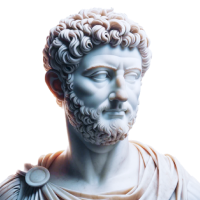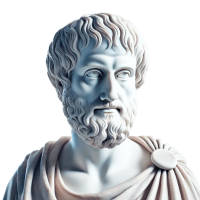
“The unexamined life is not worth living.”

“The unexamined life is not worth living.”
Click on a question to ask it
Outlive Good Philosophy
Asking Questions and prompting
Dive into philosophical perspectives on love, relationships, and human connection, and understand how these thinkers of love believe you should approach your love life



Stoic
Compassionate
Pragmatic


Mystic
Activist
Ascetic


Ronin
Strategist
Artist


Realist
Scientist
Teacher

Skeptical
Essayist
Humanist
Transcendentalist
poetic
Visionary
Taoist
Poet
Mystic
Rebel
Poetic
yes-sayer to life
Humanistic
Moralist
Combative
Questioner
Ironic
Provocateur
Moralist
Respectful
Ritualistic
Moralist
Novelist
Feminist
Strategist
General
Tactician
Political
Pragmatic
Strategist
Stoic
Freed slave
Teacher
Moralist
Ethecist
Teacher
Idealist
Teacher
Theorist
Stoic
Ethical
Virtuous
Epicureanist
Teacher
Founder
Cynic
Provocateur
Homeless
Taoist
Spontaneous
Holistic
Naturalist
Rebel
Minimalist
Existential
Resilient
Therapeutic
Skeptical
Detached
Tranquil